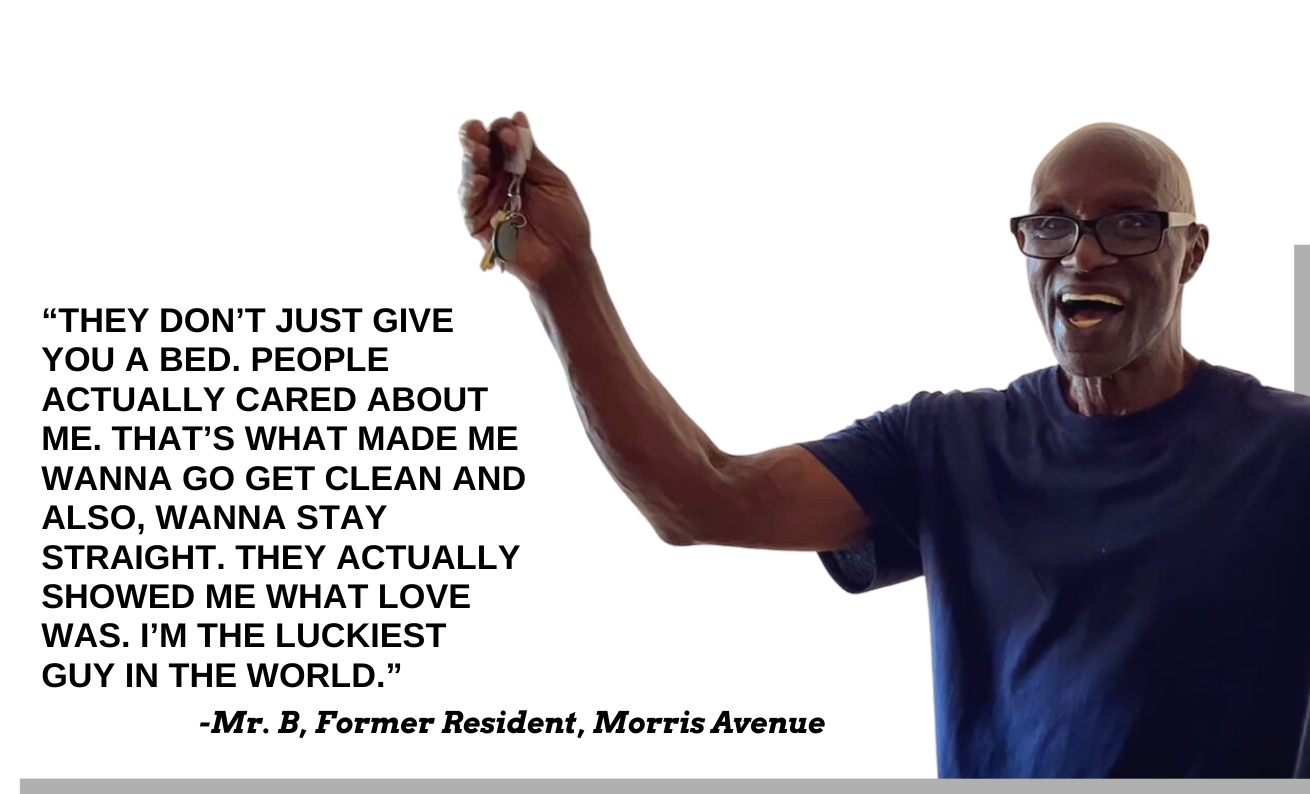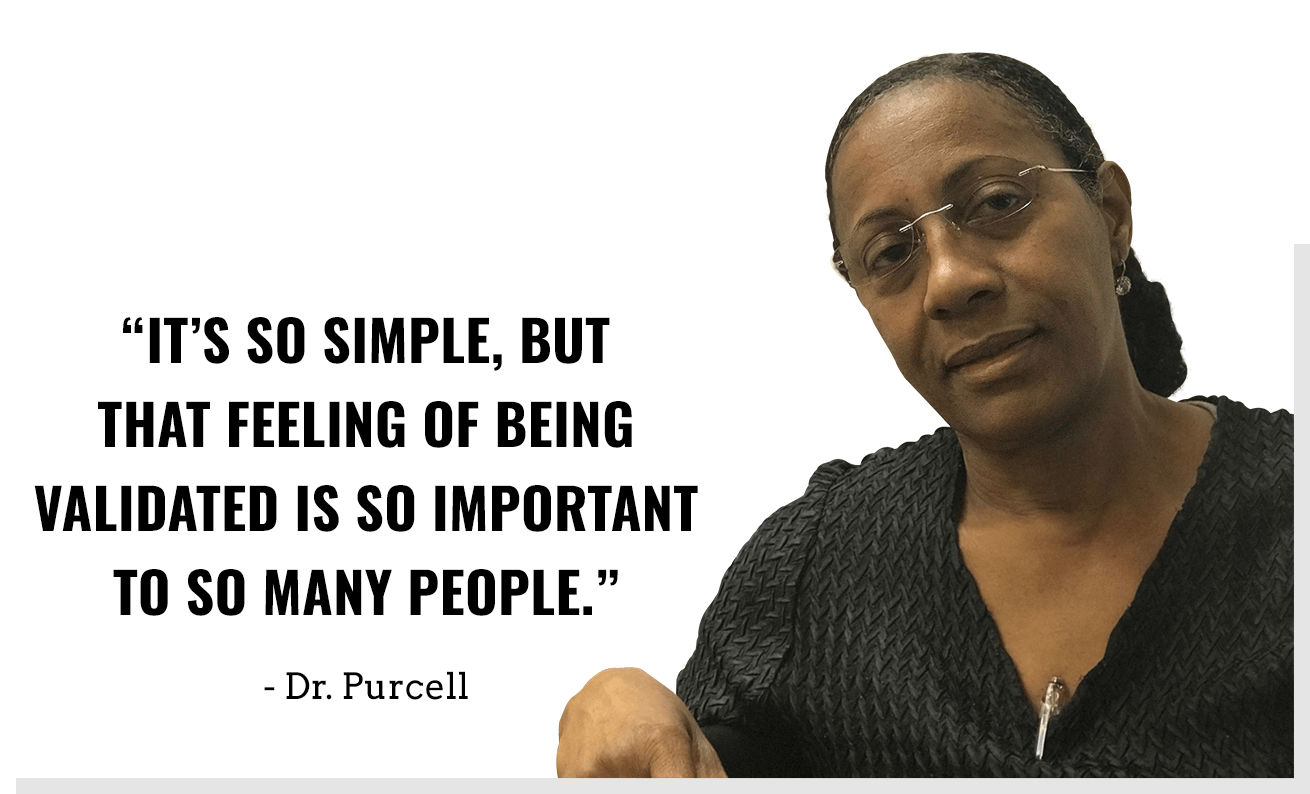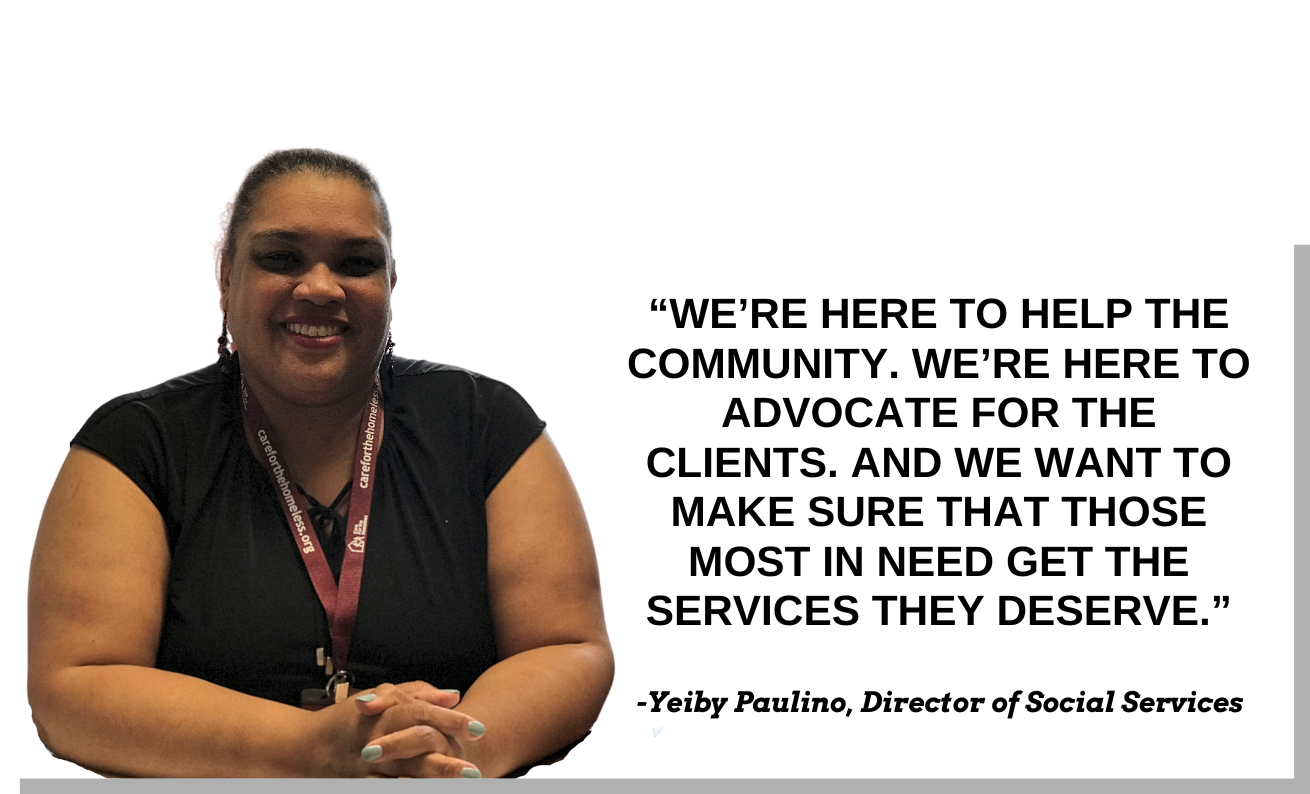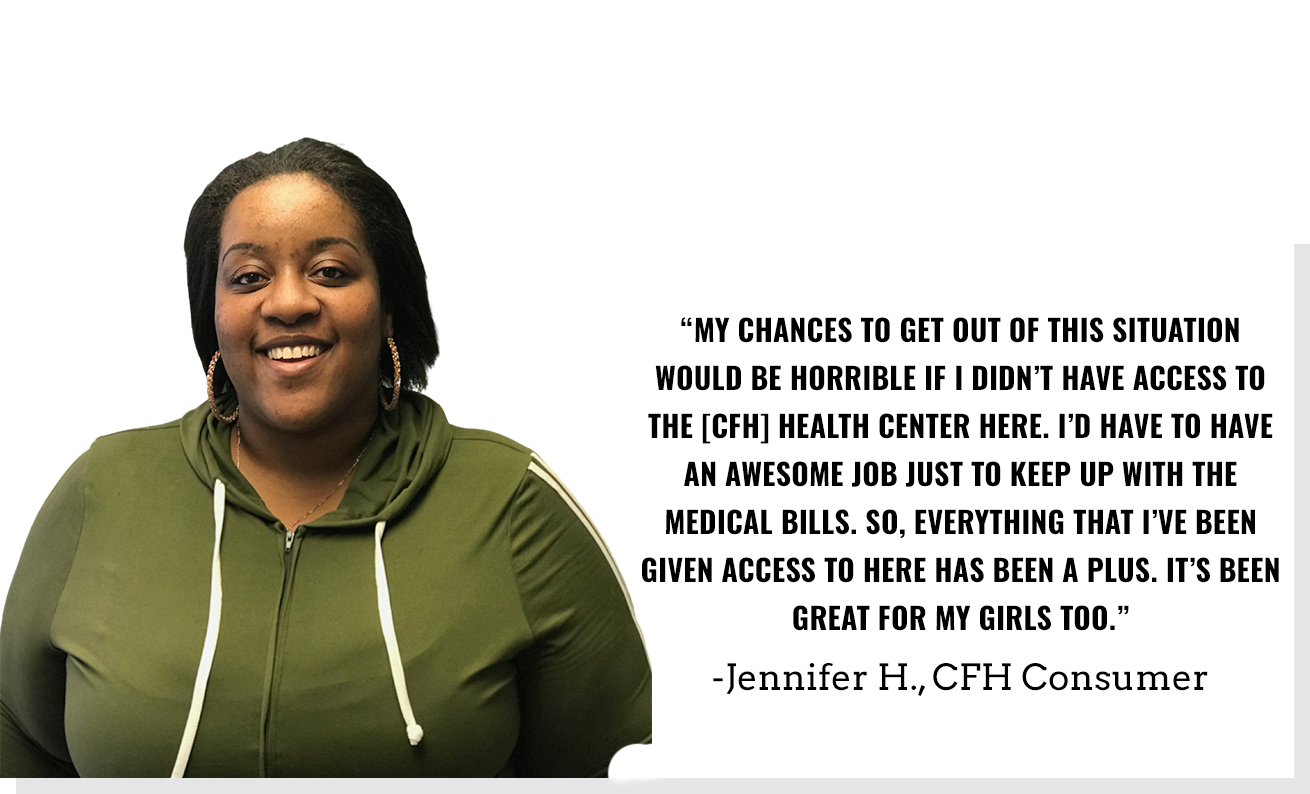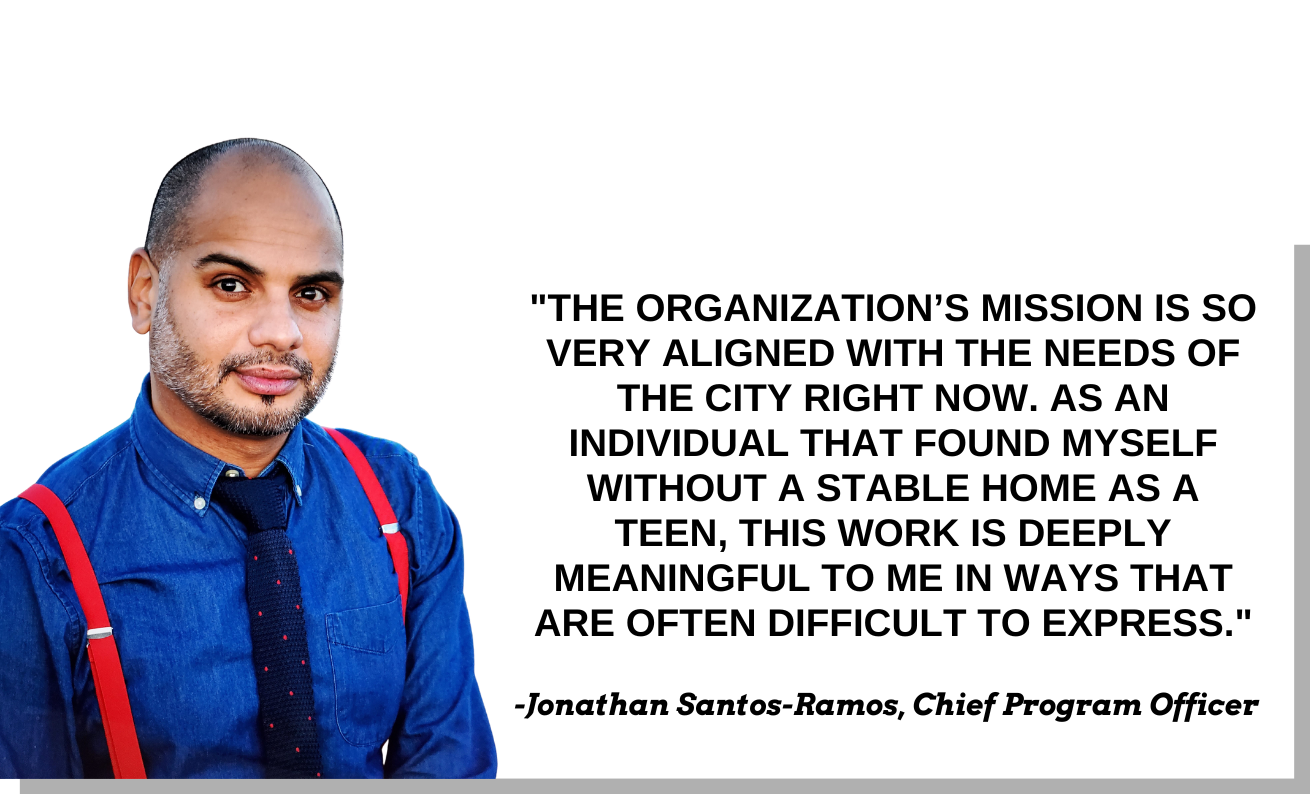Patient Stories | Douglas W.
Douglas began receiving suboxone treatments in 2013 to combat his heroin use disorder. Since then, he has been drug free.
By Connor T. Moriarty
On June 20th, 2019, Douglas W. took the stage at Care For the Homeless’ (CFH) 6th Annual Summer Solstice of Success Celebration. He was being honored with the award for Success in Housing, an achievement over 20-years in the making.
Addiction
In 1997, Douglas was stabbed in the chest. He received open heart surgery to treat his wounds and recovered. However, his survival came at a price.
As part of his recovery, Douglas was prescribed opioid painkillers. After a time, his addiction to them became so intense that he graduated to heroin.
Douglas’ path to heroin addiction is an all too familiar one. In a study from the National Institute on Drug Abuse, nearly 80% of heroin users reported using prescription opioids prior to heroin.
“When it comes to any drug, especially heroin, it becomes a chase,” said Douglas. “You’re calling up your co-dependent first thing in the morning, asking if they’re ready to get high. The needle becomes a fixation. I wouldn’t wish it upon my worst enemy.”
“I Wouldn’t wish it upon my worst enemy.”
The chase Douglas spoke about gradually ramped up in severity. As with many who suffer from substance use disorder, it becomes a lifestyle. And in the case of heroin, an expensive one.
“I got a settlement and shot it up in my arm,” Douglas explained. “It got to a point where [heroin] wasn’t taking me where I wanted it to. It started out where one bag could last me three days. Eventually though, it was costing me over $150 a day to get three minutes of sensation.”
“After that, nothing.”
Recovery
Douglas’ addiction followed him well into the 2000s. In 1999, he enrolled in his first methadone program. However, the treatments didn’t take, and he relapsed multiple times.
“When I was shooting dope, I hated myself, but I kept doing it,” said Douglas. “However, when I got to the point of doing minor crimes and spending time in jail, I decided to get on suboxone and make it work for me.”
So, starting in 2013, Douglas would make the trip from his room at the Pyramid Safe Haven in the Bronx, to receive his treatment in Staten Island. He did this for four years.
Three years ago he began accessing treatment at the CFH Health Center, co-located at the Living Room Drop-In Center in the Bronx, NY. Douglas made the change in the interest of convenience, as the Living Room was only a short walk from the Pyramid.
He’s diligently kept up with his treatments ever since.
“You have to make it work for you,” said Douglas. “I’m no longer looking for a drug dealer on the corner. I have no desire.”
No Small Feat
Although heroin played a significant role in a large portion of his life, Douglas never let it diminish his good will or desire to help others who suffered from the same struggles he did.
“I’ve saved over twenty people from overdosing. I wasn’t the guy to leave them behind,” Douglas commented.
“I’ve saved over twenty people from overdosing.
I wasn’t the guy to leave them behind.”
The Road Ahead
In early 2019, Douglas achieved permanent housing and was able to move from his room at the Safe Haven. Now, he spends his time doing what he loves.
Mainly music.
“All my life, I’ve been around music,” Douglas reminisced. “I play synthesizers, guitar, and the drums.”
“I feel so much more fulfilled doing what I am now,” he continued. “Because I’ve got a message and anyway I can get it out is fine with me.”
“Most of my music is about what I’ve experienced.”
Douglas hopes that his message can reach younger generations, so that they don’t have to see or experience what he did. “Other than that, I go the gym a lot and exercise. I’m also trying to meet the woman of my dreams.”
Success
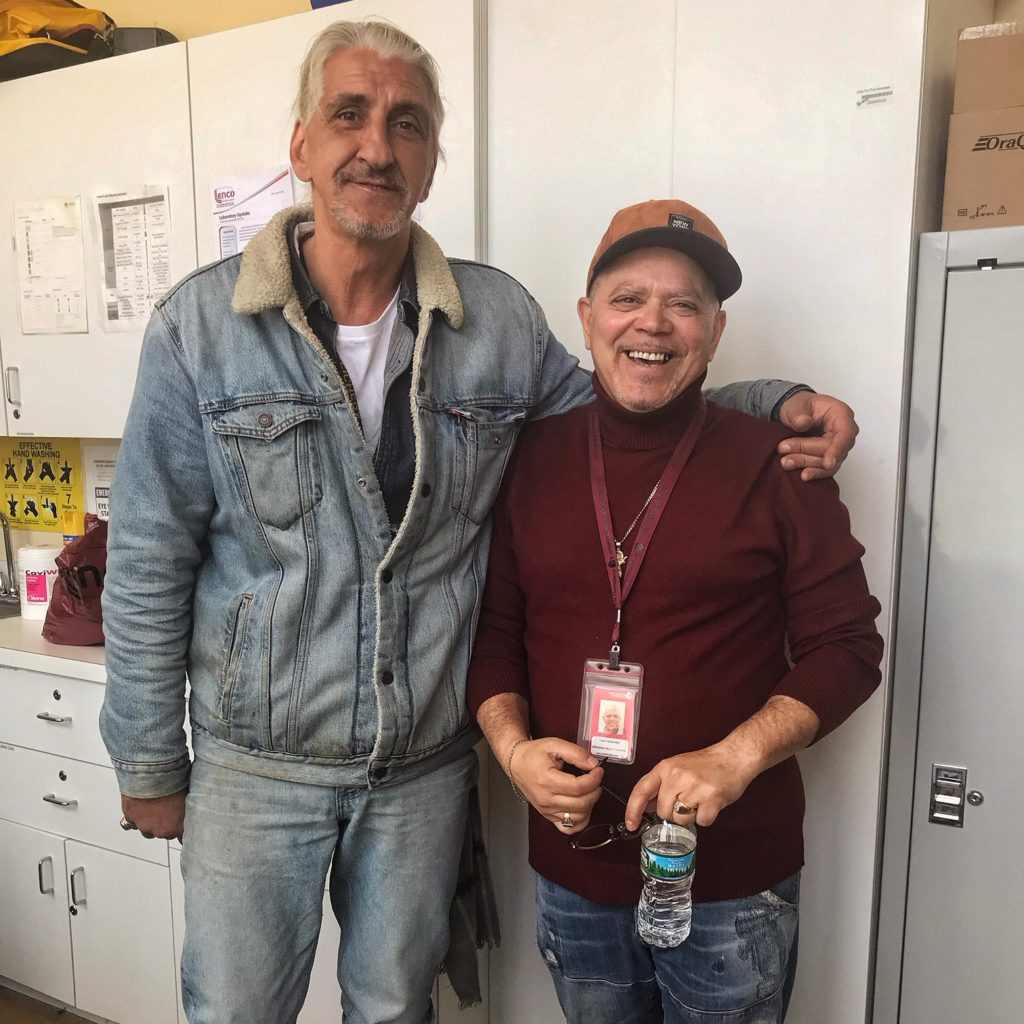
His award was presented to him by his physician, Dr. Andrea Littleton and Luis Fernandez, CASAC at CFH. Both played a major role in helping Douglas throughout his journey to health and housing success. His acceptance speech reflected his belief in the suboxone program as well as all the benefits it can potentially have.

